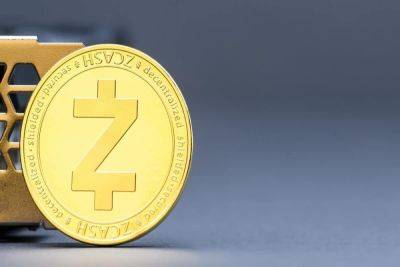Australia’s tax agency won’t clarify its confusing, ‘aggressive’ crypto rules
Australia’s tax regulator has been unable to clarify confusing aspects of its new guidance that suggests capital gains tax (CGT) is payable on a slate of everyday decentralized finance transactions.
The ATO failed to answer direct questions from Cointelegraph on whether staking Ether on Lido or transferring funds via bridges to layer 2 networks are CGT events, leaving DeFi users in the dark about how to comply.
The Nov. 9 guidance from the Australian Taxation Office (ATO) says CGT is payable when transferring tokens to another address or smart contract that a person doesn’t have “beneficial ownership” over or if the address has a non-zero balance of the tokens.
Exchanging “one crypto asset for a right to receive an equivalent number of the same crypto asset in the future,” providing liquidity to a protocol, wrapping tokens and loaning assets are ATO examples of DeFi uses incurring a CGT event.
While the criteria suggests the rules may encompass liquid staking — such as staking Ether (ETH) on Lido — or sending tokens through a layer 2 bridge, this hasn’t been clarified.
An ATO spokesperson said in response to direct questions that the tax consequences of a transaction “will depend on the steps taken on the platform or contract, and the relevant surrounding facts and circumstances of the taxpayer who owns the cryptocurrency assets.”
The non-answer leaves investors unable to comply with possibly unintended consequences of the opaque new guidance, which has not yet been tested in court.
A CGT event would mean that if a DeFi user in Australia bought ETH for $100 and then staked it or sent it via a bridge to an L2 when the price is $1,000, they would need to pay tax on $900 “profit,” even though they haven’t sold the ETH or realized
Read more on cointelegraph.com




















